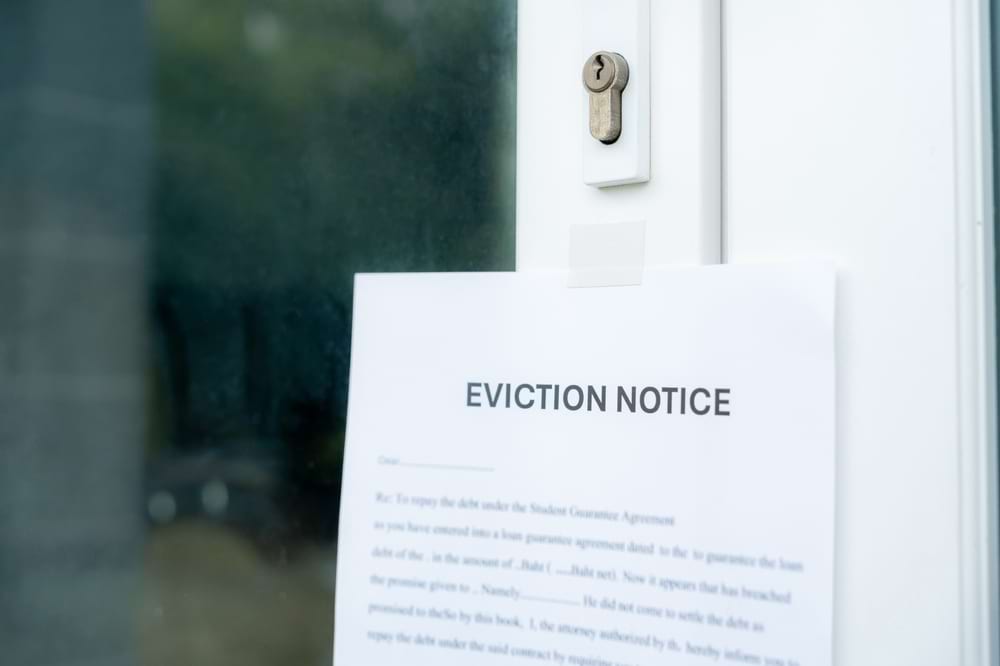Landlords and tenants each have different responsibilities for properties.
But when it comes to pest control, the situation isn’t always quite so clear.
Are landlords responsible for pest control?
Often, but not always. In other words, exactly when a landlord is responsible for pest control depends:
- The circumstances, i.e., the situation that is causing the pest issue
- The tenancy agreement’s terms.
When landlords are responsible for pest control
In general, landlords are responsible for ensuring that their properties are free from pest infestations at the start of a tenancy.
The Prevention of Damage by Pests Act 1949 dictates that landlords can be served with a statutory notice instructing them to eradicate any pests causing issues for tenants at their property.
So if a tenant moves in and finds cockroaches in the kitchen on day one, it’s safe to say it’s on the landlord.
Landlords must also take reasonable steps to prevent and control pest problems, such as repairing any cracks or holes in the walls or floors and ensuring that the property is adequately ventilated and cleaned.
When landlords are not responsible for pest control
If a pest issue arises due to the tenant’s actions, the landlord is not directly responsible for pest control.
This is especially the case as far as the tenant is concerned. However, if the tenant does not resolve the issue, people in neighbouring properties might take action.
In this scenario the landlord is at least responsible for getting the tenant to act. And, failing that, evicting the problem tenant.
Common pests in UK properties
Pests are a common problem in UK properties, particularly in inner-city areas. They can seriously risk the health of tenants and damage property structures.
Some of the most common pests that landlords and tenants may encounter include:
1. Mice and rats
These rodents are attracted to food sources and can cause damage to the property by gnawing on wood, wires, and insulation. The brown rat is the most common in the UK, a fervent disease spreader.
2. Cockroaches
These insects thrive in warm and humid environments and can be difficult to eradicate once they infest a property.
3. Bed bugs
These blood-sucking insects can be easily transported from one property to another. Despite the name, bed bugs aren’t just found in beds. Instead, they nestle in cracks and crevices and leave a bite mark that resembles a skin rash.
4. Ants
These insects are attracted to sweet and greasy foods and can form large colonies, causing damage to the property.
5. Wasps
These stinging insects can be a nuisance to tenants and can cause structural damage if they build their nests (which can contain up to 25,000 of them) in the property’s walls or attic.
How much does pest control cost?
The cost of pest control can vary widely depending on the type and severity of the infestation and the region of the UK you’re in.
For example, the cost of a one-off treatment for mice can range from £75 to £120, while treatment for bed bugs can cost anywhere from £150 to £300.
Factoring potential pest problems into budgets
For landlords, it’s important to factor the potential cost of pest control into your budget for property maintenance.
This is because it’s more common than you would think. You should also check your insurance policy to see if it includes cover for pest infestations.
Some policies may include this as standard, while others may offer it as an optional add-on.
If the landlord doesn’t deal with the infestation in a timely manner, tenants can contact environmental health, which can cause an even bigger headache.
In addition, if environmental health has to arrange an extermination procedure, they will legally force the landlord to pay for all costs, including administrative expenses.
Of course, if a tenant has caused and not resolved a pest issue, the landlord has a right to keep their deposit.




















